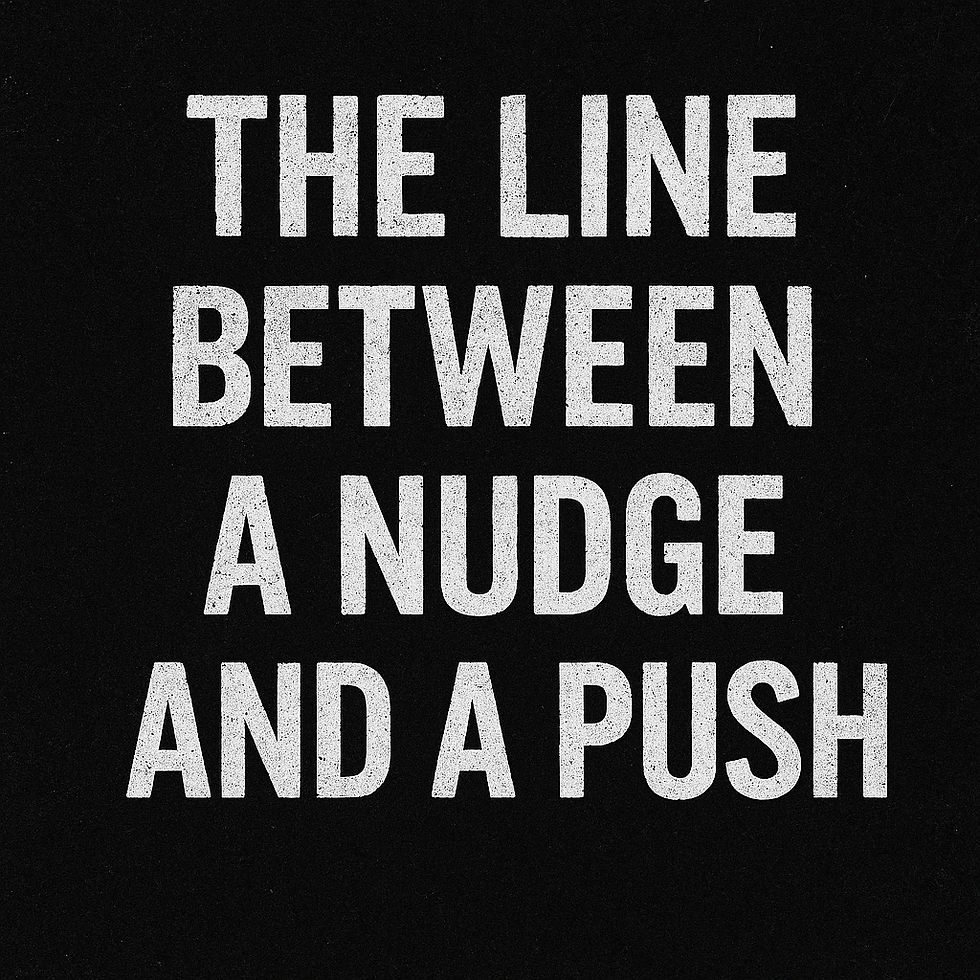🌍 Representation in Learning Materials: Why It Matters
- Kketan Amarnath Waghmare
- Sep 2
- 2 min read
Across a career shaped by oceans crossed, cultures blended, and countless learning rooms filled with curiosity, I’ve discovered this: representation in learning isn’t decorative—it’s transformative.
When people open a training manual, step into a workshop, or log into a module, they are asking silently: “Do I see myself here?” If the answer is yes, learning accelerates. If the answer is no, learning stalls.
I’ve seen this play out vividly:
Onboard ships with 60+ nationalities, when onboarding was reimagined with culturally inclusive stories, integration became faster and trust deeper.
In leadership workshops I helped design, shifting from generic case studies to regionally resonant ones unlocked dialogue that was richer, bolder, and more honest.
Even compliance training, often dismissed as “tick-the-box,” became reflective and accountable when scenarios mirrored the workforce’s diverse realities.
During one workshop I co-created on this very subject, a participant told me: “For the first time, I felt like this material was speaking to me, not at me.” That moment crystallized the truth—representation doesn’t just change outcomes, it changes lives.
Vernā Myers captured it brilliantly: “Diversity is being invited to the party. Inclusion is being asked to dance.” In L&D, I’ve witnessed that dance come alive—when materials mirror real identities, learners don’t just attend the program; they own it.
Because representation delivers what no LMS or technology alone can:
Psychological safety – Learners engage because they feel seen.
Performance impact – Relevant, relatable content accelerates application.
Cultural shaping – Every training becomes a silent architect of belonging.
And here’s the reality: ignoring representation doesn’t just weaken training—it risks eroding trust.
As L&D leaders, the questions we must wrestle with are:
✅ Who is missing from this narrative?
✅ Are we reinforcing blind spots or dismantling them?
✅ Are we reflecting today’s workforce—or clinging to yesterday’s?
Representation is not about political correctness. It’s about business correctness. It influences retention, performance, and even brand equity.
So next time you design a module, remember—it’s not just knowledge transfer. It’s an invitation. And the way we design it decides whether people feel like mere attendees at the party…or true dancers on the floor.
🔑 Over to you: Have you experienced learning materials that made you feel included—or invisible?
#LearningAndDevelopment #Leadership #RepresentationMatters #Inclusion #EmployeeExperience #GlobalWorkforce #PsychologicalSafety #DiversityAndInclusion #FutureOfWork #LxD





Comments